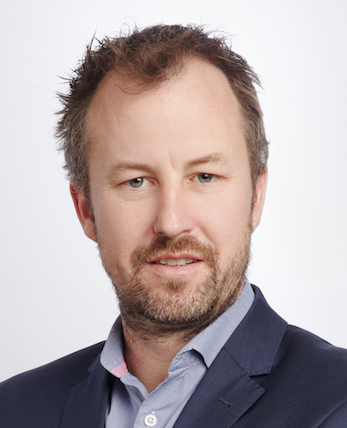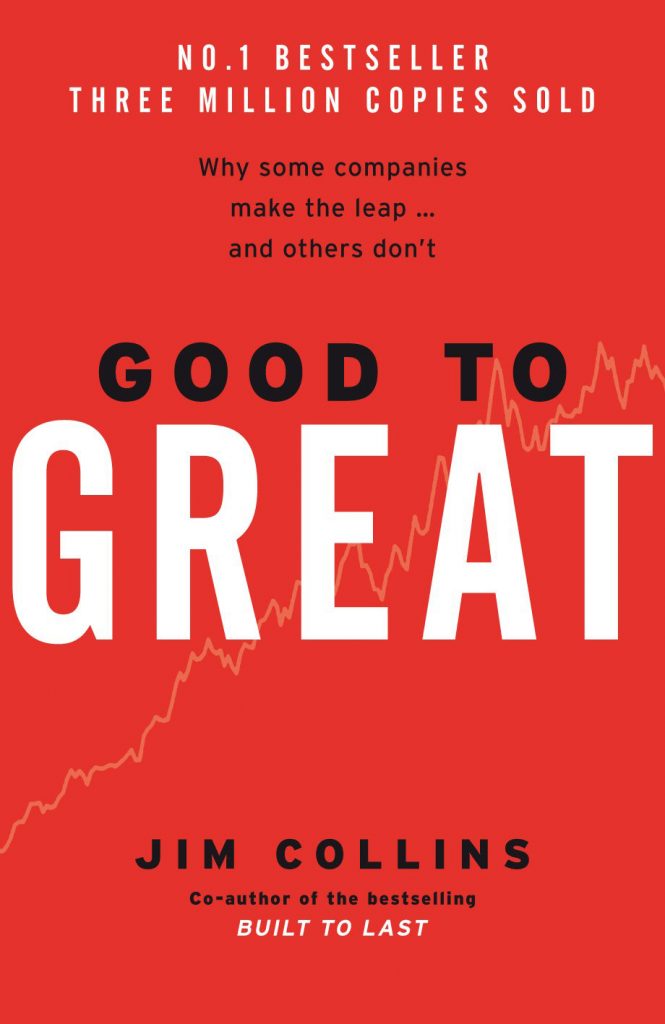On the lighter side of things, we ask Tim Jackson, Managing Director at Access4, what makes him tick.
What would you describe as your most memorable achievement?
Starting Access4 back in 2015!
Going from a secure job to putting everything on the line is always daunting but if you never have a go, you’ll never know. At that time, there was a massive wave of managed services providers getting into the telecom and hosted voice space, so we saw a good opportunity to carve out a market for our product. Taking the plunge then has culminated in a number of satisfying milestones along the way, from accomplishing capital raises to growing the team headcount in line with annual recurring revenue growth.

What first made you think of a career in technology?
I was interested in technology from a young age and, growing up, had a computer but I wasn’t tinkering around in the garage or anything like that. Computer science seemed like a natural choice at university but I soon discovered I didn’t really enjoy it – I never liked programming or being a developer – so I switched to information systems which had more of a business focus. My subsequent career hasn’t been solely in the ICT sphere but it’s had an inexorable pull. Each time I’ve taken on a role that hasn’t had a technology focus I’ve missed it and gone back.
What style of management philosophy do you employ with your current position?
I don’t think there is one style: it changes according to circumstances.
Like many people, I’d love to be a Level Five leader, a la Jim Collins’ Good to Great but I’ve got a long way to go!
I try to bring empathy to the role, understand the other party’s point of view and coach new employees to help them get up to speed with our processes and systems. Having had some good leaders myself in my time means I have something to emulate while the bad ones are useful in terms of illustrating what not to do.
What do you think is the current hot technology talking point?
In the current world, it’s flexible working. We’ve all had that decade of transformation in less than a year and the traditional five days in the office is out. That’s pushed the conversation towards communication and security: they’re the two big things driving a lot of the industry talk. People who are working anytime, anywhere, need the right tools to connect with their networks and they need to remain safe. It’s something all businesses are trying to get their heads around.
How do you deal with stress and unwind outside the office?
I have a family who keep me busy and grounded. We used to do a bit of travel, domestically and up into South East Asia, but not so much anymore. I think once COVID slows down we can get back to it but, for now, just spending time together – within a 5km radius most of the time in Victoria! The silver lining of Covid is that it forces you to start enjoying some of the more basic things in life. When we’re not in lockdown, the girls and I are heavily involved with their basketball club and that takes up a lot of our leisure time.
If you could go back and change one career decision, what would it be?
To be honest, I don’t think I would change anything. Everything happens for a reason and I probably wouldn’t be in the position I am now if I’d done things differently. That’s not to say that I haven’t made some horrible decisions. I have and I think I’ve taken valuable lessons from them. I’ve also made some great ones, like starting a business when most people said not to do it.
What do you currently identify as the major areas of investment in your industry?
People.
The pandemic has really highlighted the skills shortage we have in Australia. The battle for talent is intense and not having access to the right people can be a real roadblock. Getting qualified employees on the bus, in the right seats and committed to the journey requires a significant investment. At the moment, we only have a headcount of 40 but we’ve hired a people and culture adviser because we think that’s where we’ll get the best return – from training and developing our team.
What are the region specific challenges when implementing new technologies in APAC?
We do a lot of connectivity into the public phone network and, here in Australia, porting will forever be our biggest challenge. Trying to educate the market about why it takes weeks, if not months, to switch providers and move fixed line numbers across is a perpetual issue. The general punter doesn’t understand the hold-up. It’s phenomenally frustrating and presents one of our biggest growth challenges because it takes so much longer to book the revenue and get customers over. Our other main market is New Zealand and, for whatever reason, things are more evolved there, thankfully.

What changes to your job role have you seen in the last year and how do you see these developing in the next 12 months?
Last year’s rapid change to remote working had the possibility of bringing with it a huge amount of stress for me. Fortunately, our team made the shift really well. Yes, we had the technology but it’s a mental thing, as well as a logistical exercise.
For the past year, I’ve been focused on fostering a culture which keeps us all connected and working together so we can continue to grow the business.
We’re investing heavily in staff and hope to double our headcount in the next 15 months; bringing on subject matter experts and empowering them to take over a lot of my role. Acquisition and expansion into South East Asia are also on the agenda if our growth plans in Australia and New Zealand go to plan, so there’ll be plenty for the executive team to work on.
What advice would you offer to someone aspiring to obtain a C level position in your industry?
You need to be passionate about what you do. Whether it’s your own business or you’re running things for someone else, you have to love the vision and buy into it. If you’ve got that faith and that drive, then go for it! If you don’t, you’ll struggle to invest the time required to rise up the ranks.


